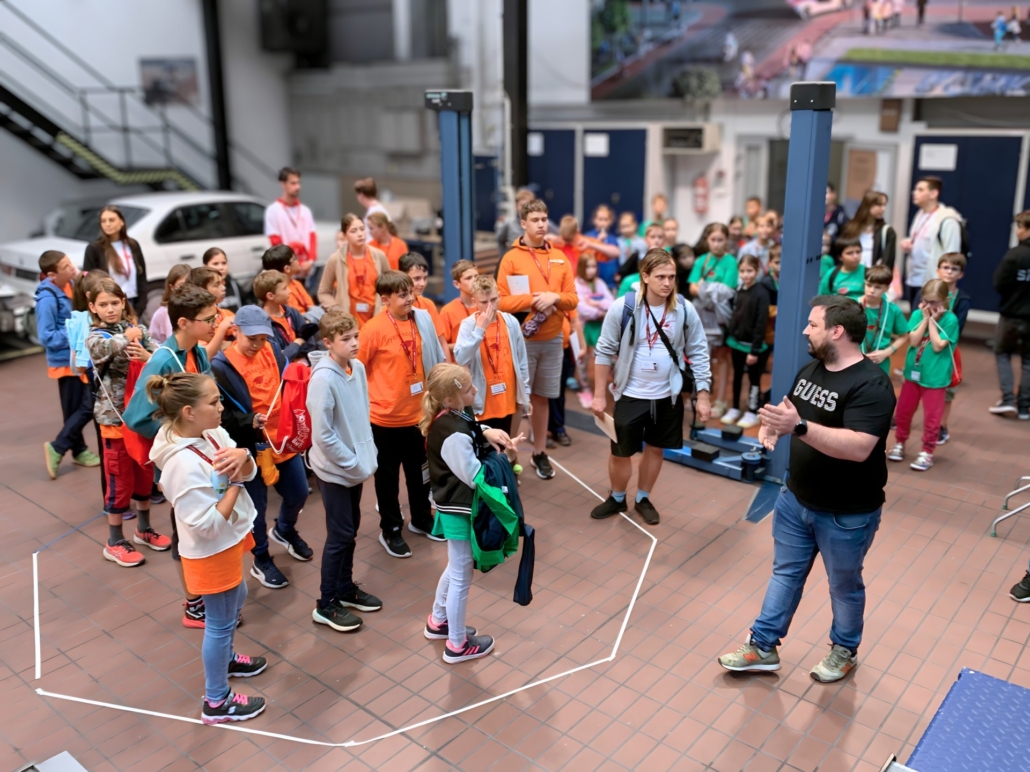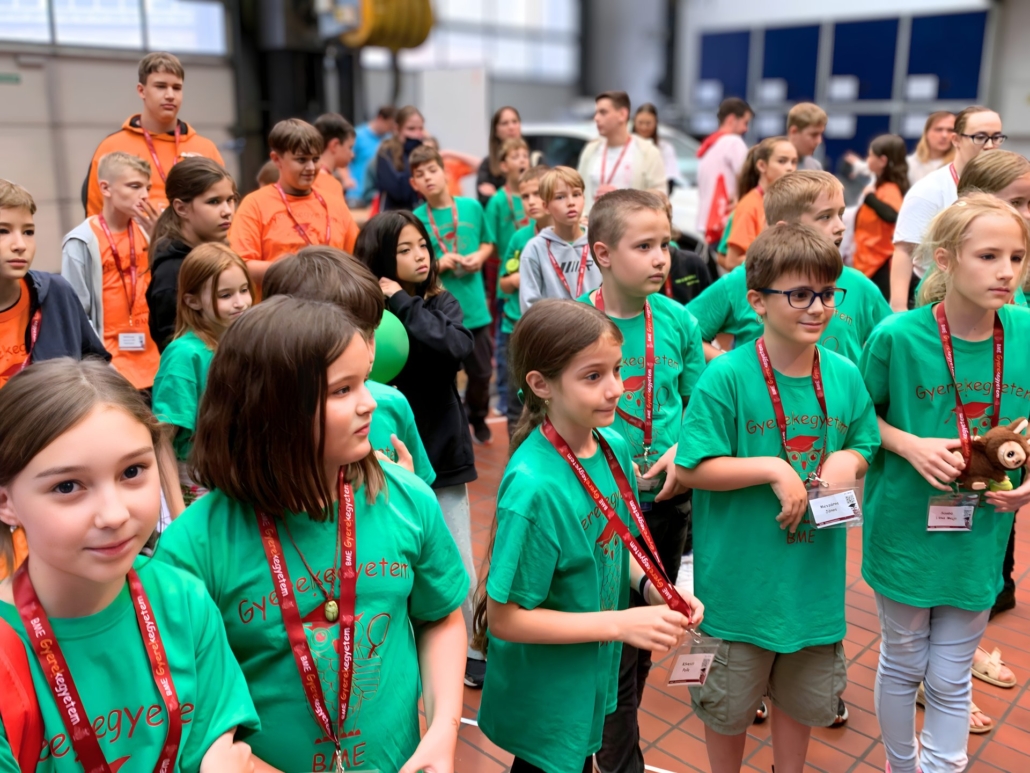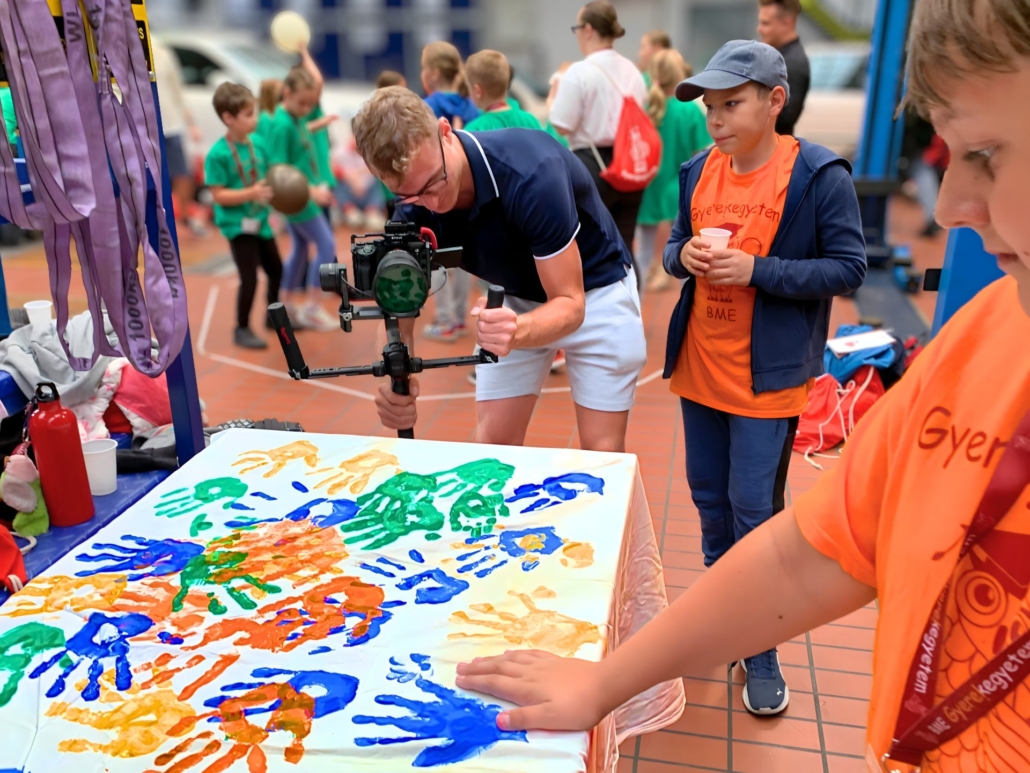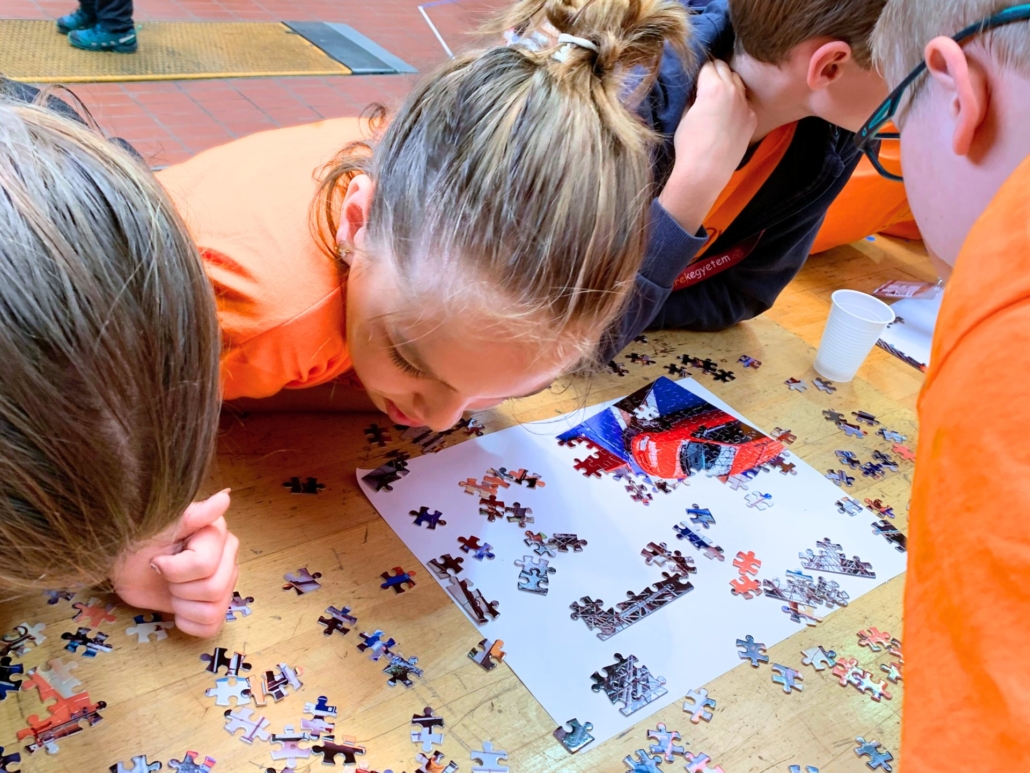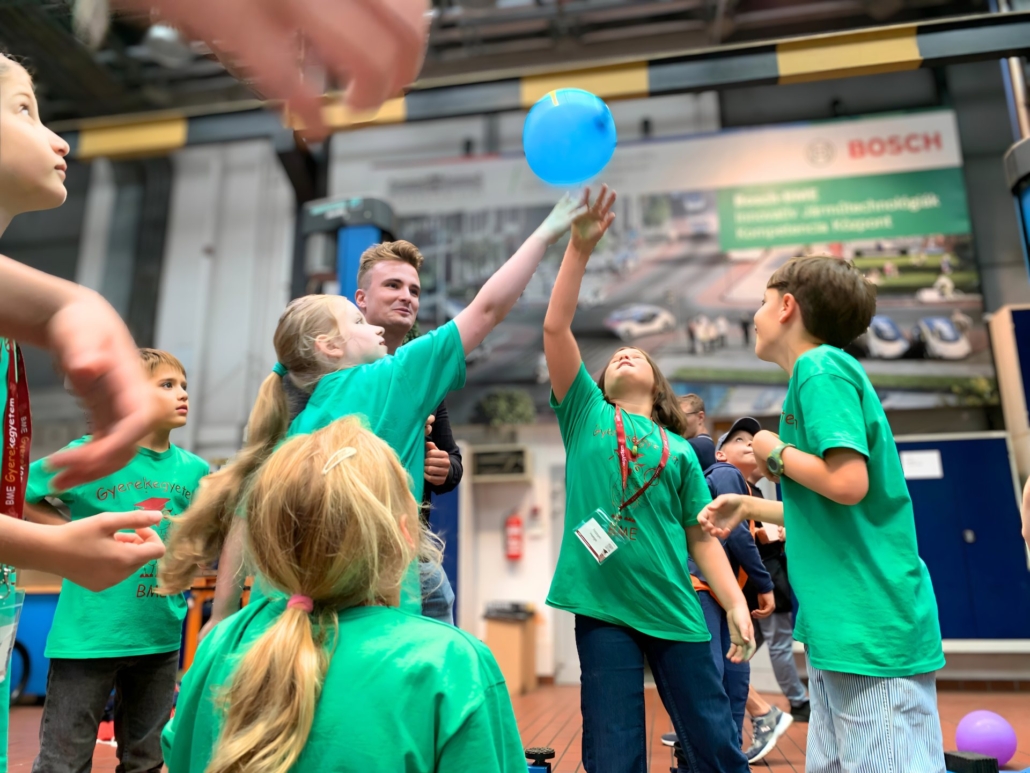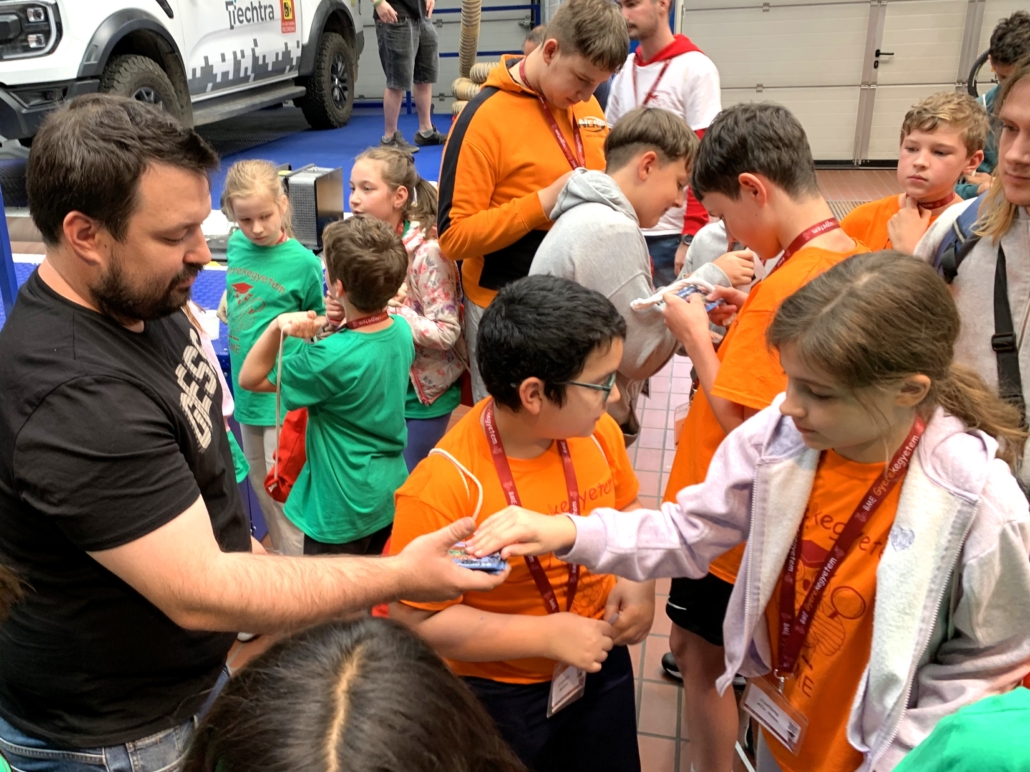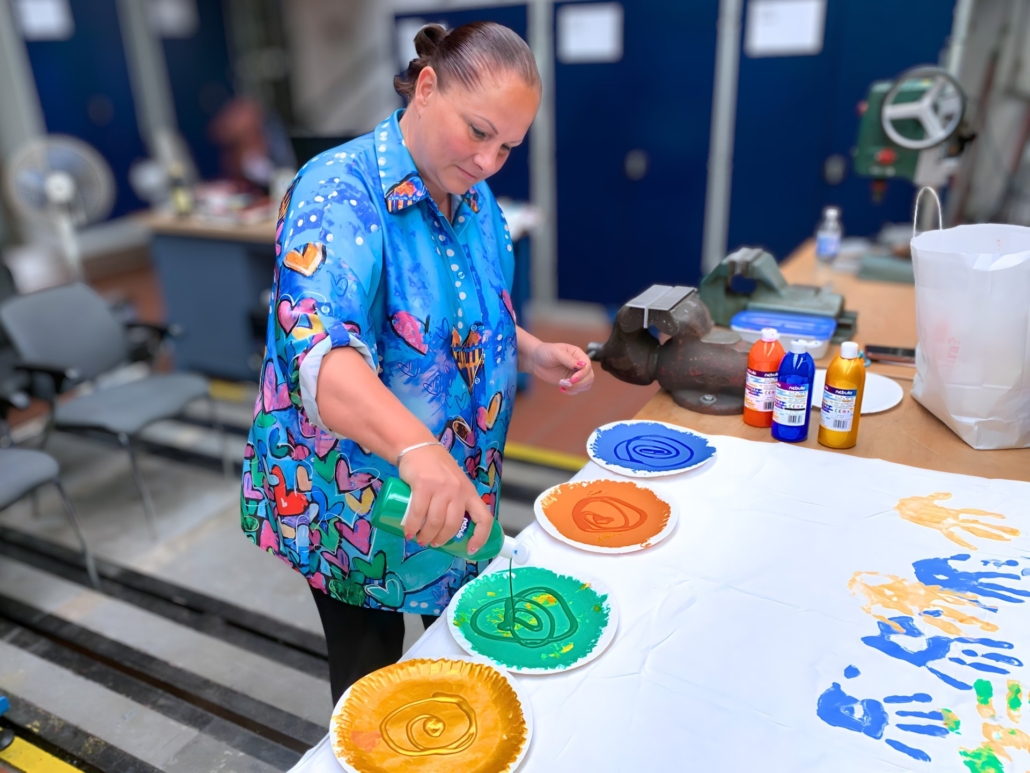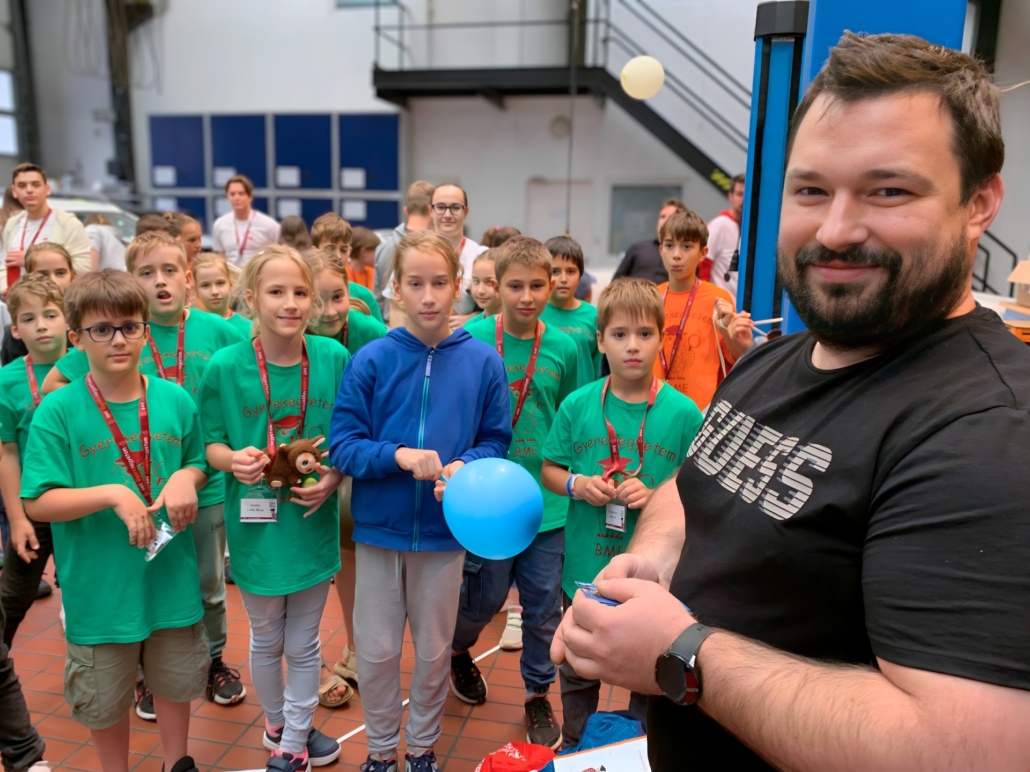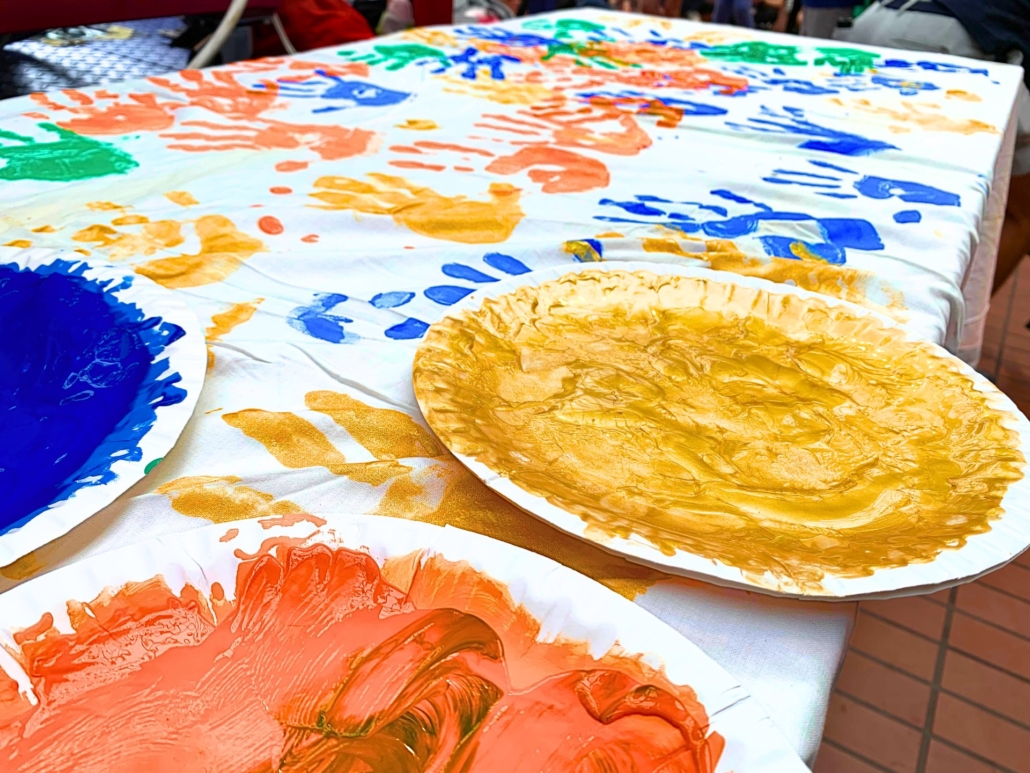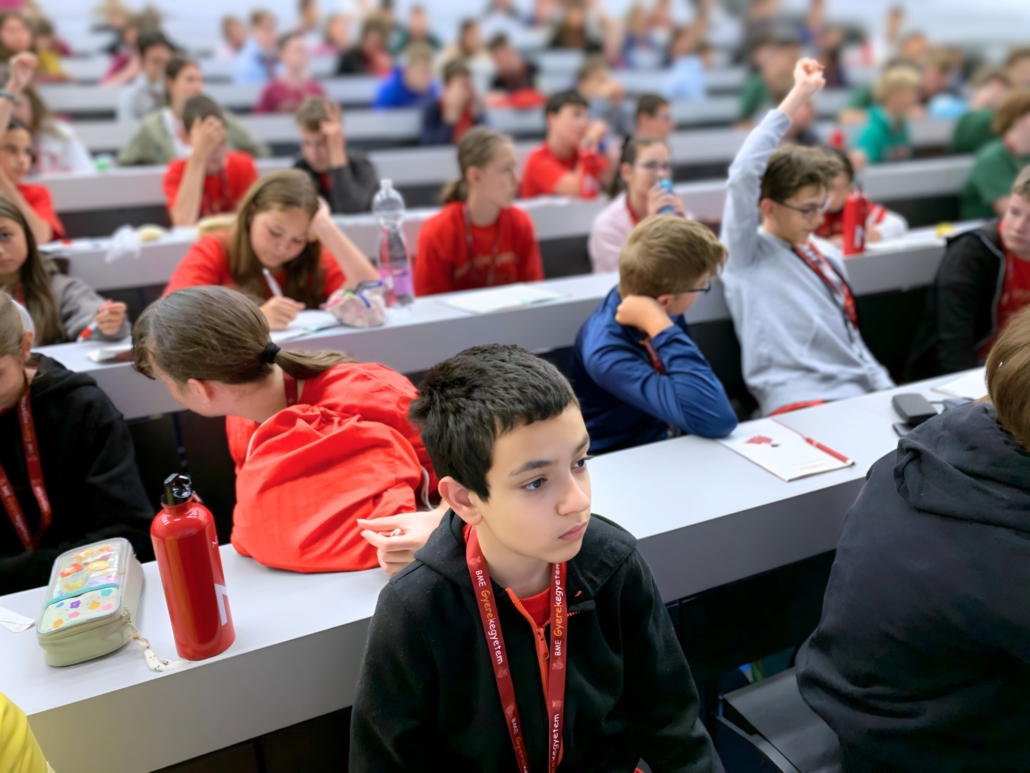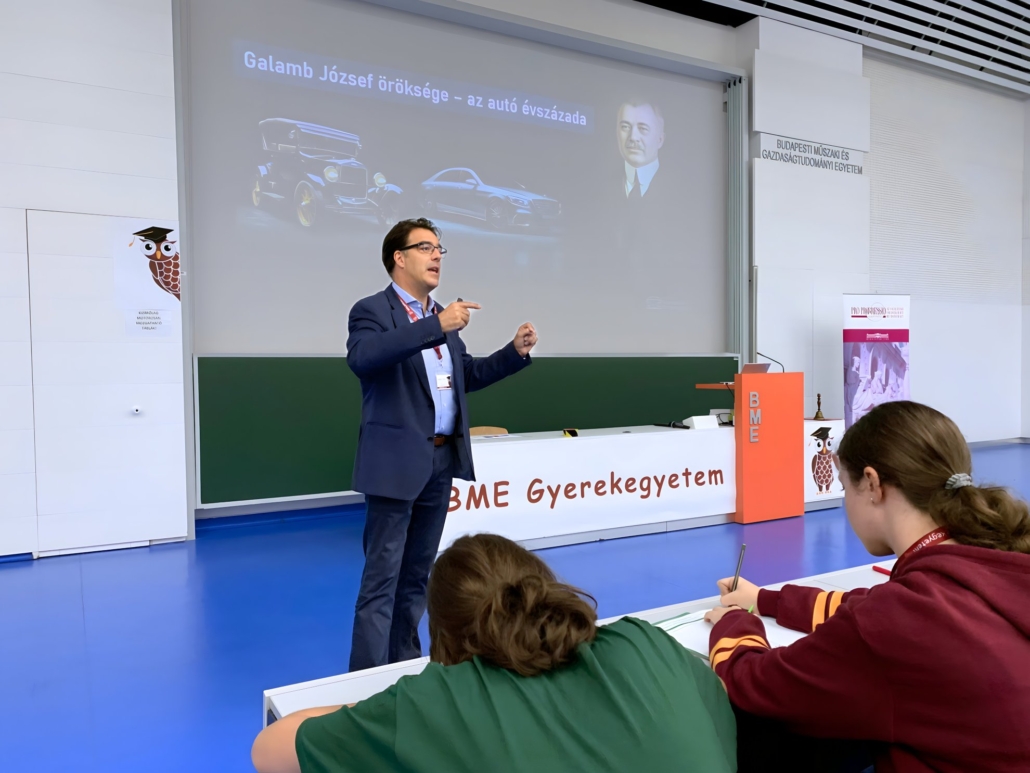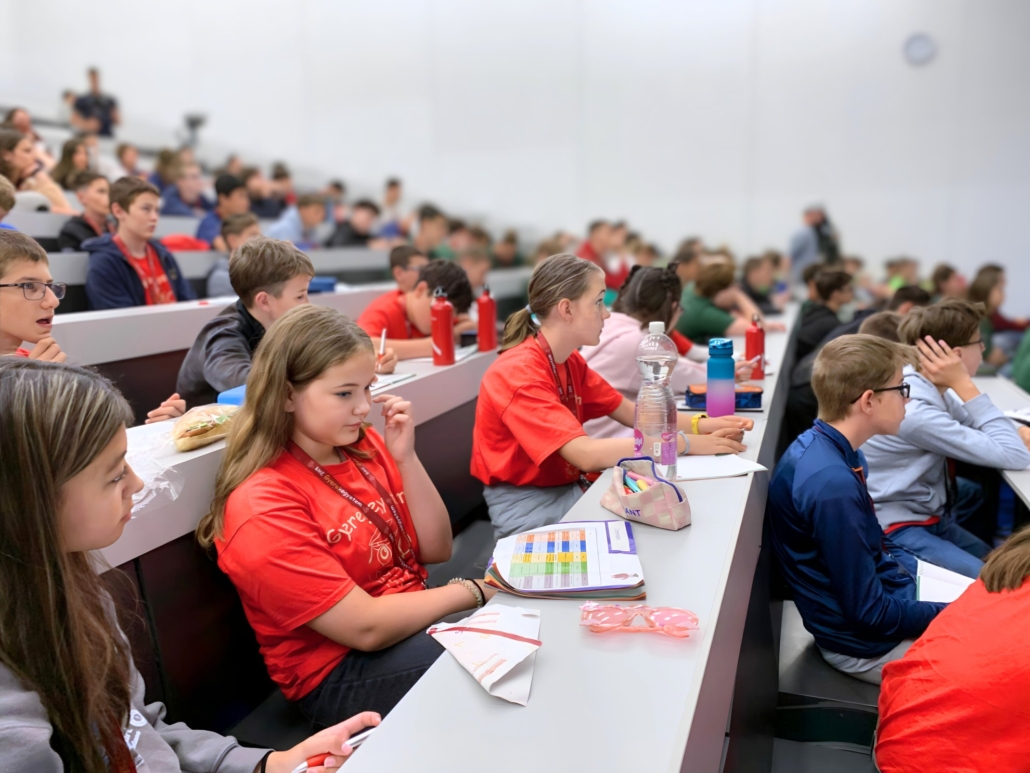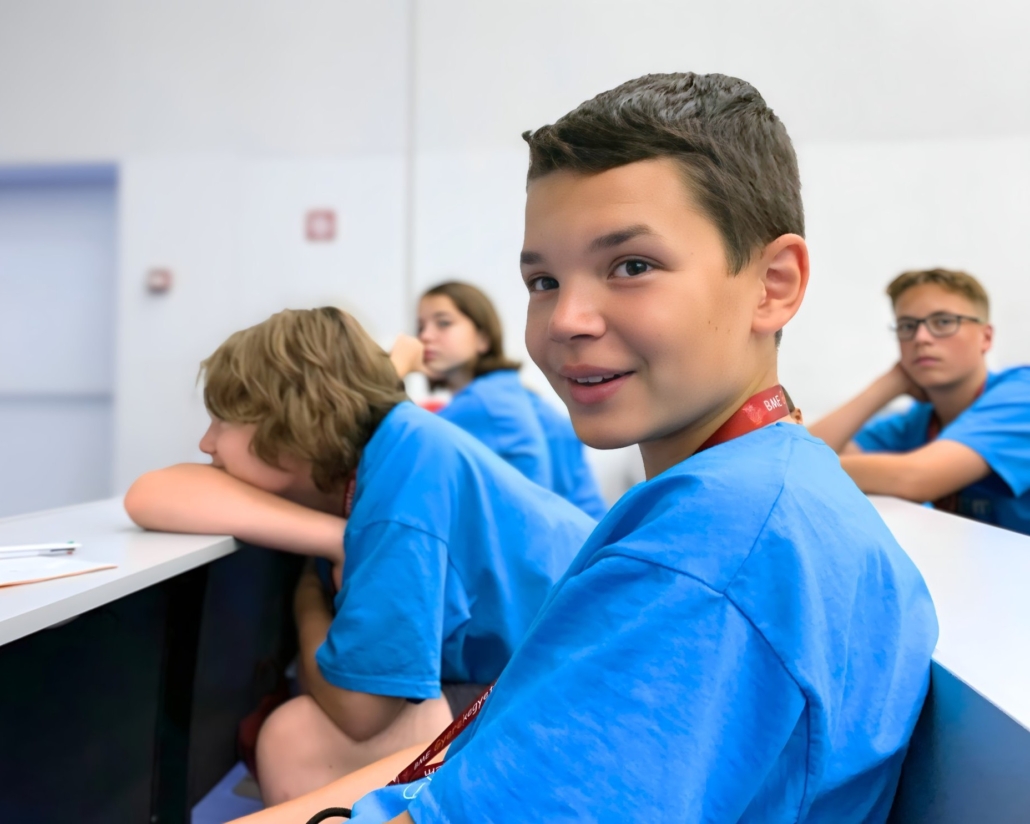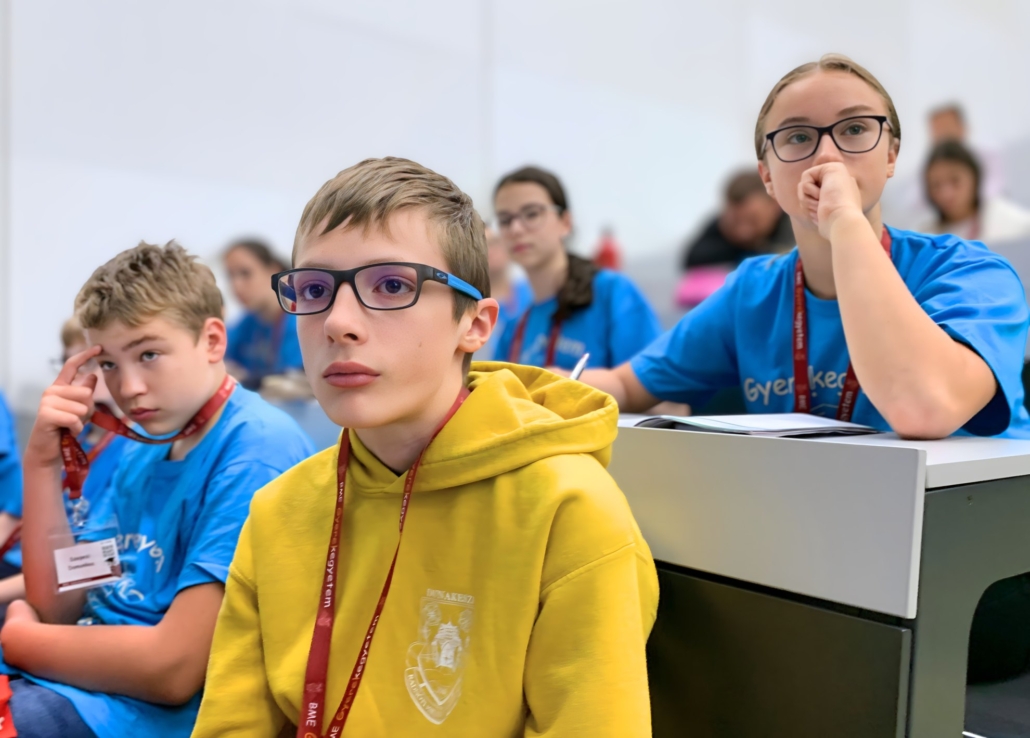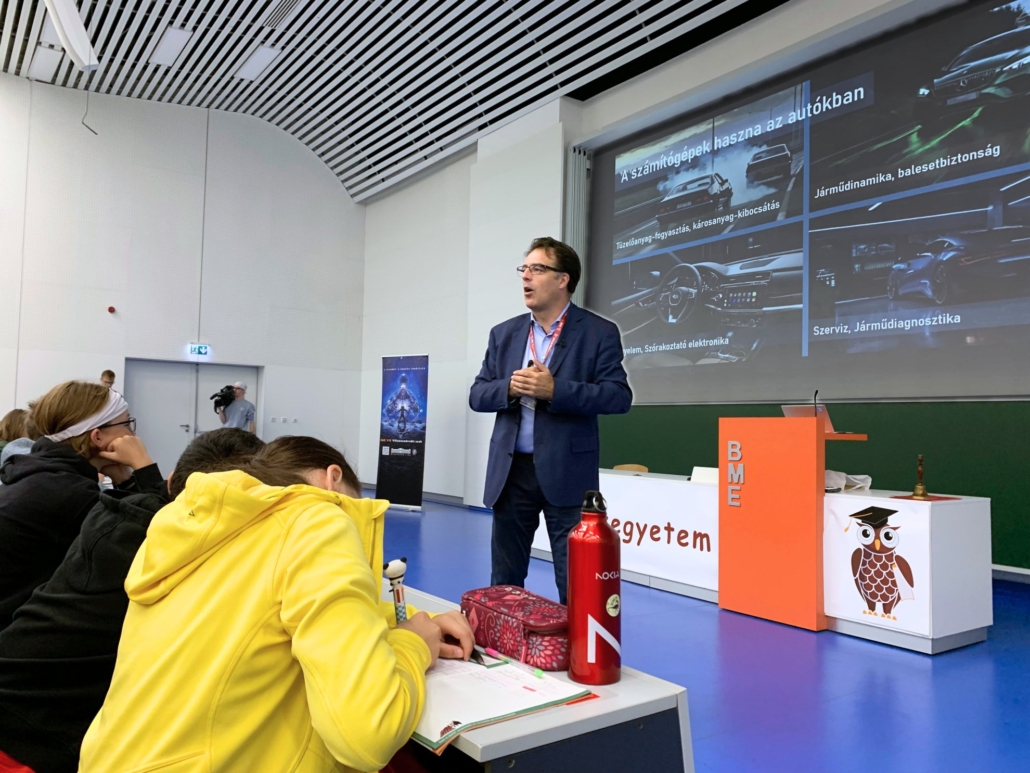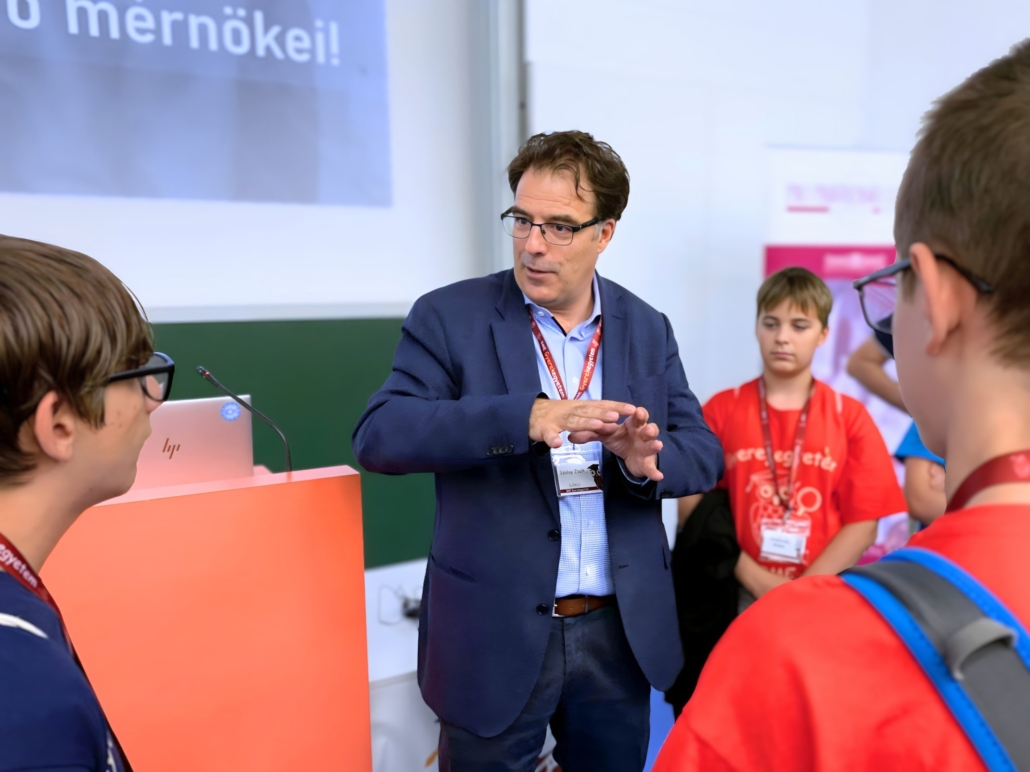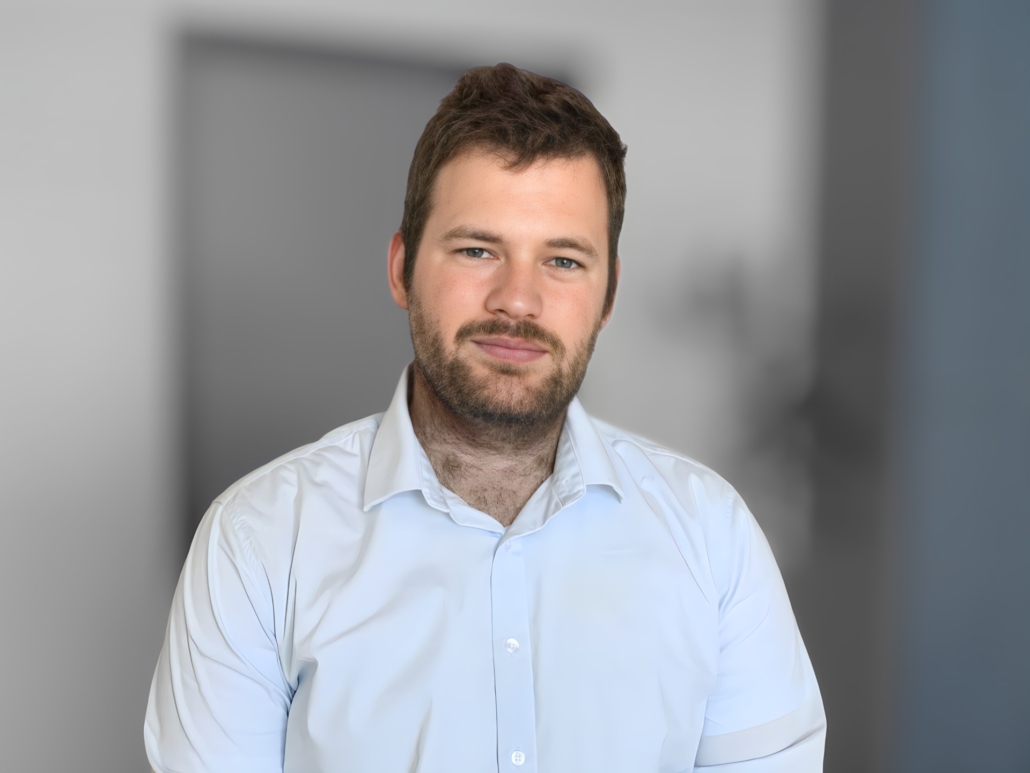Hungarian Smart Road Becomes World Leader – Confirmed by BME’s Study Visit to China
Three researchers from the Department of Automotive Technologies at the Budapest University of Technology and Economics (BME) recently conducted a study visit to examine China’s most advanced intelligent transportation systems. Their key takeaway: the digital twin-based smart highway section on Hungary’s M1–M7 motorway exceeds the Chinese systems in both accuracy and latency. The solution developed at BME has implemented what is currently the most advanced smart road section in the world.

“The World’s Smartest Highway Section” – Hungarian Innovation Recognized in China
In July 2025, three researchers from BME – Dr. Zsolt Szalay (Head of Department), Dr. András Rövid, and Zsolt Vincze – embarked on an extensive study tour across China and Hong Kong. Their goal was to gain firsthand insights into the development of Chinese intelligent transport infrastructure and strengthen the ongoing collaboration between BME and the City University of Hong Kong.
One of the most important conclusions from the trip was that – although Chinese smart road networks cover far greater distances than Hungary’s demonstration section – the technological sophistication of the M1–M7 digital twin system, especially in terms of precision and real-time performance, surpassed all the systems observed in China.
Experts at multiple institutions in China openly acknowledged this and expressed their aim to reach the technological level already achieved in Hungary.
This feedback reinforces the fact that the M1–M7 smart road section, developed by BME, is not only a European but also a global benchmark in intelligent road infrastructure. It rightly deserves to be called: the world’s smartest highway section.

Hong Kong: Teleoperation Breakthroughs and International Innovation Programs
Invited by the City University of Hong Kong, the BME delegation reaffirmed an existing research collaboration. The teleoperation system used in Hong Kong is powered by technology developed at BME, and recent improvements have reduced response latency to below 10 milliseconds using a local server—an exceptionally low delay even by global standards.
The development experiences from Hungary’s M1–M7 smart road also attracted strong interest, and two new joint project proposals were outlined during the visit.
The CityU leadership—including Vice President for Innovation and Entrepreneurship Prof. Michael Yang and Prof. Johnny Ho—introduced the HKtech300 program, which supports research-driven technology startups with seed investments equivalent to approximately 100,000 EUR. The program is open to international partners, and future joint patent applications with BME are also on the agenda.
BYD, Tsinghua, CICV – China’s Technology Hubs
At the Shenzhen headquarters of BYD, Vice President Luo Zhongliang and the future director of the Hungarian plant confirmed that they are actively seeking MSc and PhD students for their Budapest R&D base and are open to launching a collaborative program proposed by BME.
At Beijing’s National Intelligent Connected Vehicle Innovation Center (CICV), experts responded positively to the technological solutions implemented on the M1–M7 section, stating that they are aiming to reach a similar level.
At Tsinghua University, Dr. Zsolt Szalay’s lecture attracted great interest, particularly in the topics of digital twin technology and autonomous drifting—areas where Chinese professors acknowledged that Hungary has a truly unique approach.

Real-World Traffic Tests and AI – Insights from Multiple Chinese Cities
In Beijing and Suzhou, the BME researchers encountered various smart transport solutions where autonomous vehicles are already operating in real urban traffic. These included buses and shuttle vehicles that alternated between relying on their own sensors and external infrastructure signals.
Among the Chinese implementations, Suzhou had the most advanced digital twin model, but even this was found to be surpassed by the Hungarian M1–M7 system in terms of technical capabilities.
Chongqing and Seres Automotive: Training Future Engineers and Autonomous Luxury Vehicles
At Chongqing University, the team was introduced to cutting-edge research in the automation of land, air, and water-based vehicles. Meanwhile, a visit to the Seres Automotive factory showcased the production of Huawei-powered AITO luxury vehicles.
The delegation rode in the M9 flagship model on a fully autonomous 25-minute journey from the factory to the airport. The vehicle successfully handled two unexpected traffic scenarios, demonstrating the maturity of the system.

Global Experience, Local Success – BME’s Smart Road Becomes a Global Reference
The study tour offered unambiguous confirmation: the digital twin-based system developed by the Budapest University of Technology and Economics not only held its ground against the world’s top smart road technologies — it actually outperformed them.
The M1–M7 smart road section has become an international reference point and rightfully claims the title: the world’s smartest highway section.
The collaborations already launched or currently under development—as well as the growing international recognition of Hungarian solutions—are paving the way for Hungary to become a key player in the future of mobility.
